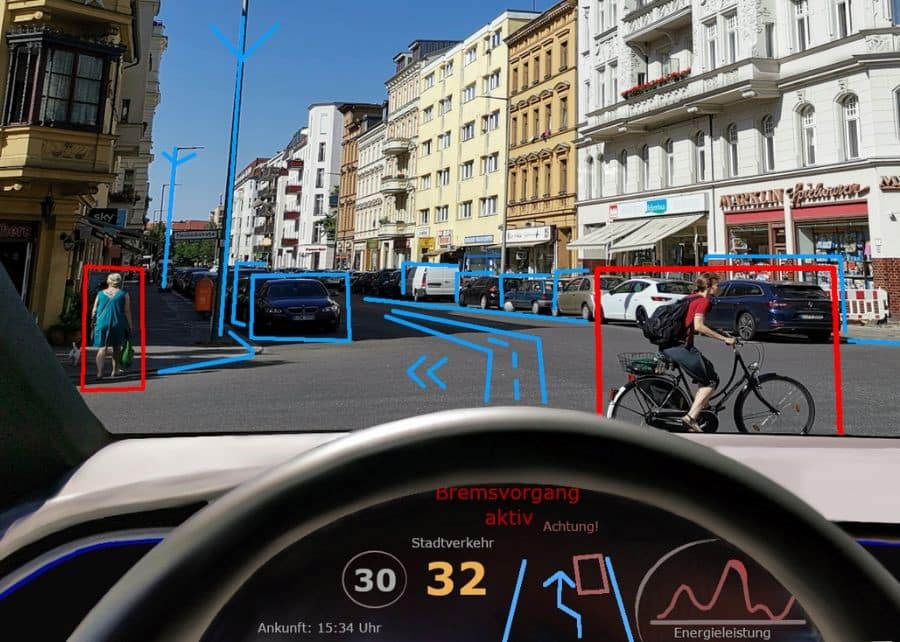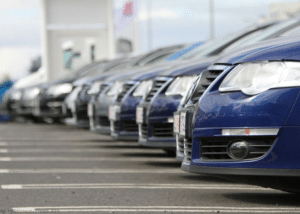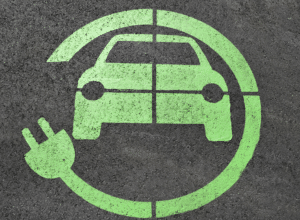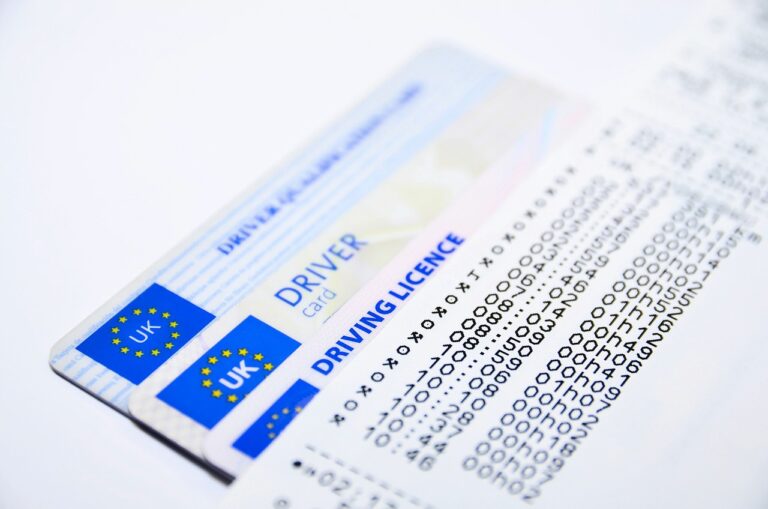Let’s dive into some of the key points.

Road Safety
The legislation aims to improve road safety by reducing human error, which contributes to 88% of road collisions. Self-driving vehicles will be required to achieve a safety level at least as high as careful human drivers and undergo rigorous safety checks before being allowed on the roads, which is as we would expect.
Economic Impact
The self-driving industry is estimated to be worth up to £42 billion, and the new law is expected to create 38,000 skilled jobs by 2035, according to Disabled Motoring.

Trials and Success Stories
The AV Act follows self-driving trials already taking place across the country.
British companies like Wayve and Oxa are already conducting self-driving trials in London and Oxford. Wayve, for instance, secured over $1 billion in investment to further develop its AI technology in the UK, according to GOV.UK.
Legal Responsibility
Crucially, when a vehicle is in self-driving mode, the driver will not be held responsible for how it responds. This is what the Act delivers. It delivers the most comprehensive framework, setting out clearly who is liable.
The Government have made it clear that when the vehicle is in self-driving mode, they will not be held responsible for how the vehicle drives. For the first time, corporations such as insurance providers, software developers and automotive manufacturers can assume this responsibility – how fantastic is that!
This legislation positions the UK at the forefront of self-driving technology regulation, promising safer roads and economic growth.
The UK aims to accelerate the adoption of autonomous vehicles and drive innovation in this transformative field, that’s for sure.
Thanks to this forward-thinking approach, this legislation positions the UK at the forefront of self-driving technology regulation, promising safer roads and economic growth.
With a commitment to safety, innovation, and collaboration, the UK is poised to shape the future of transportation. Exciting times lie ahead!















































